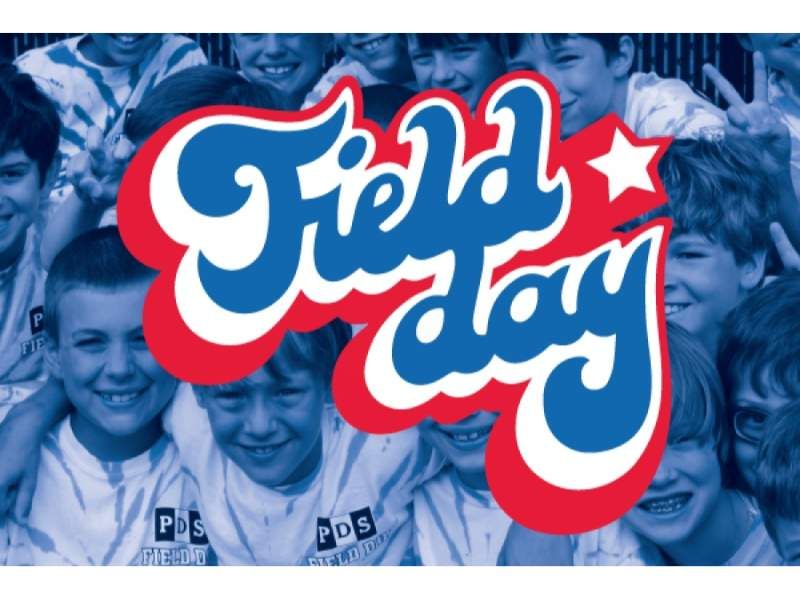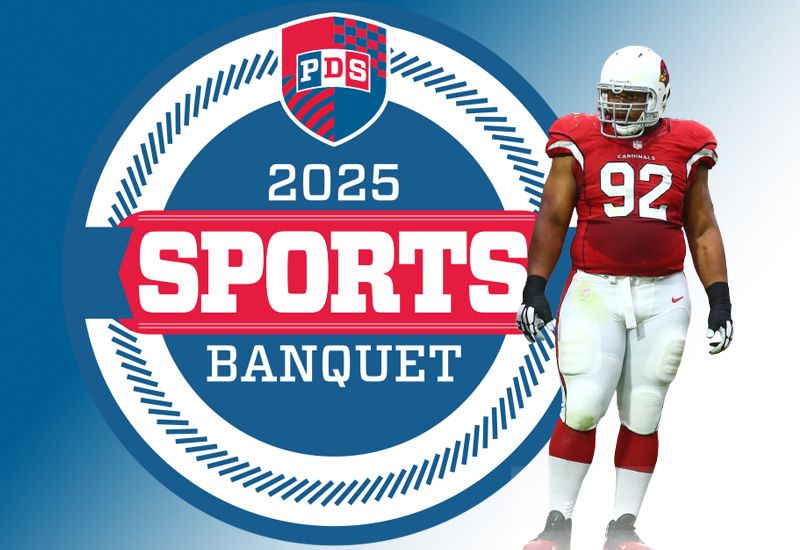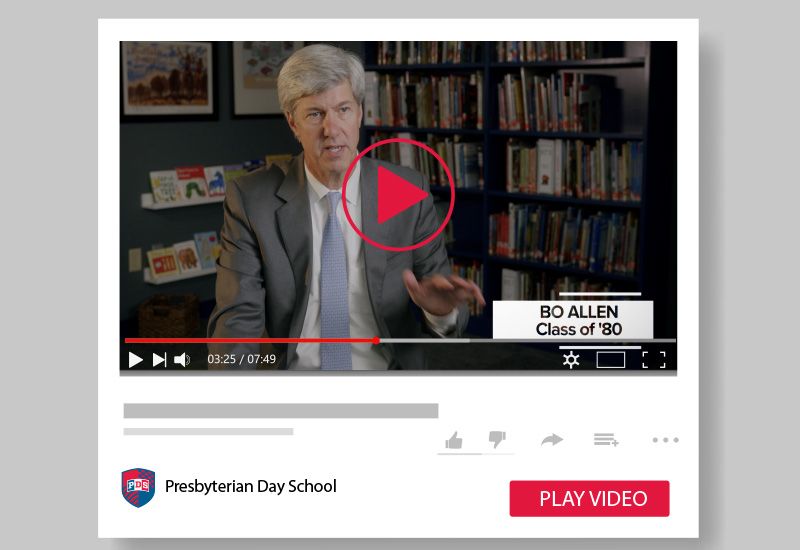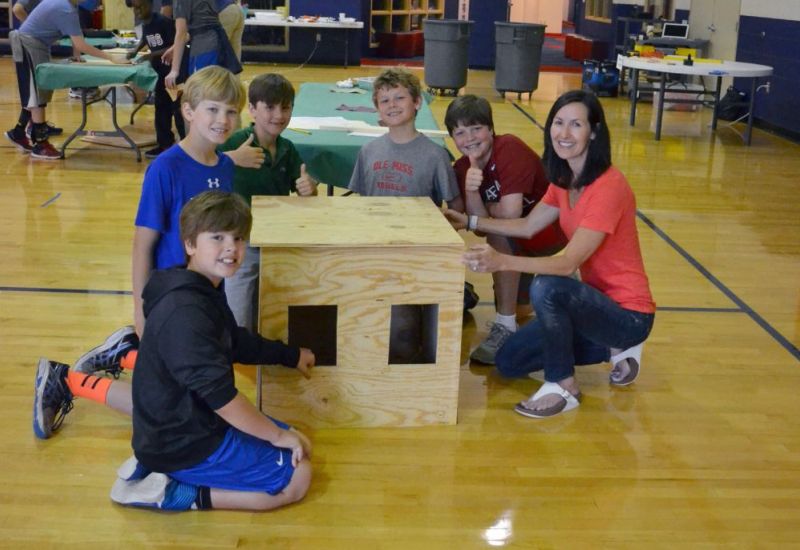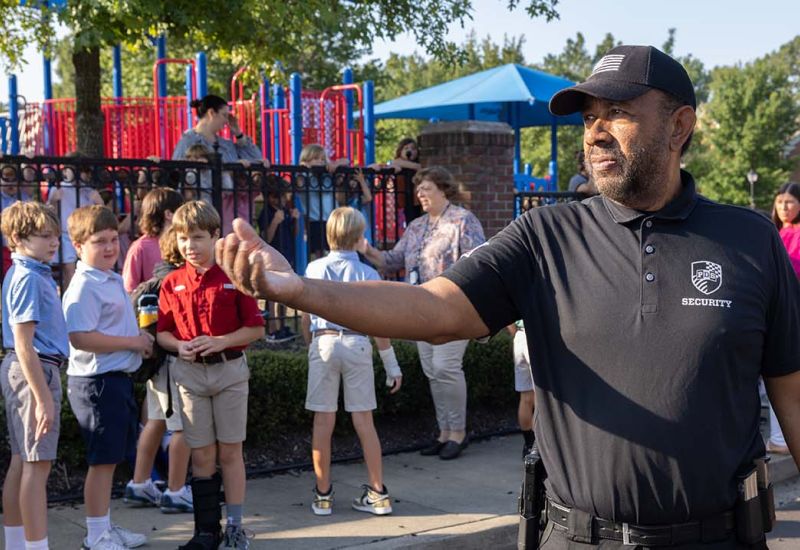Strategic Parenting
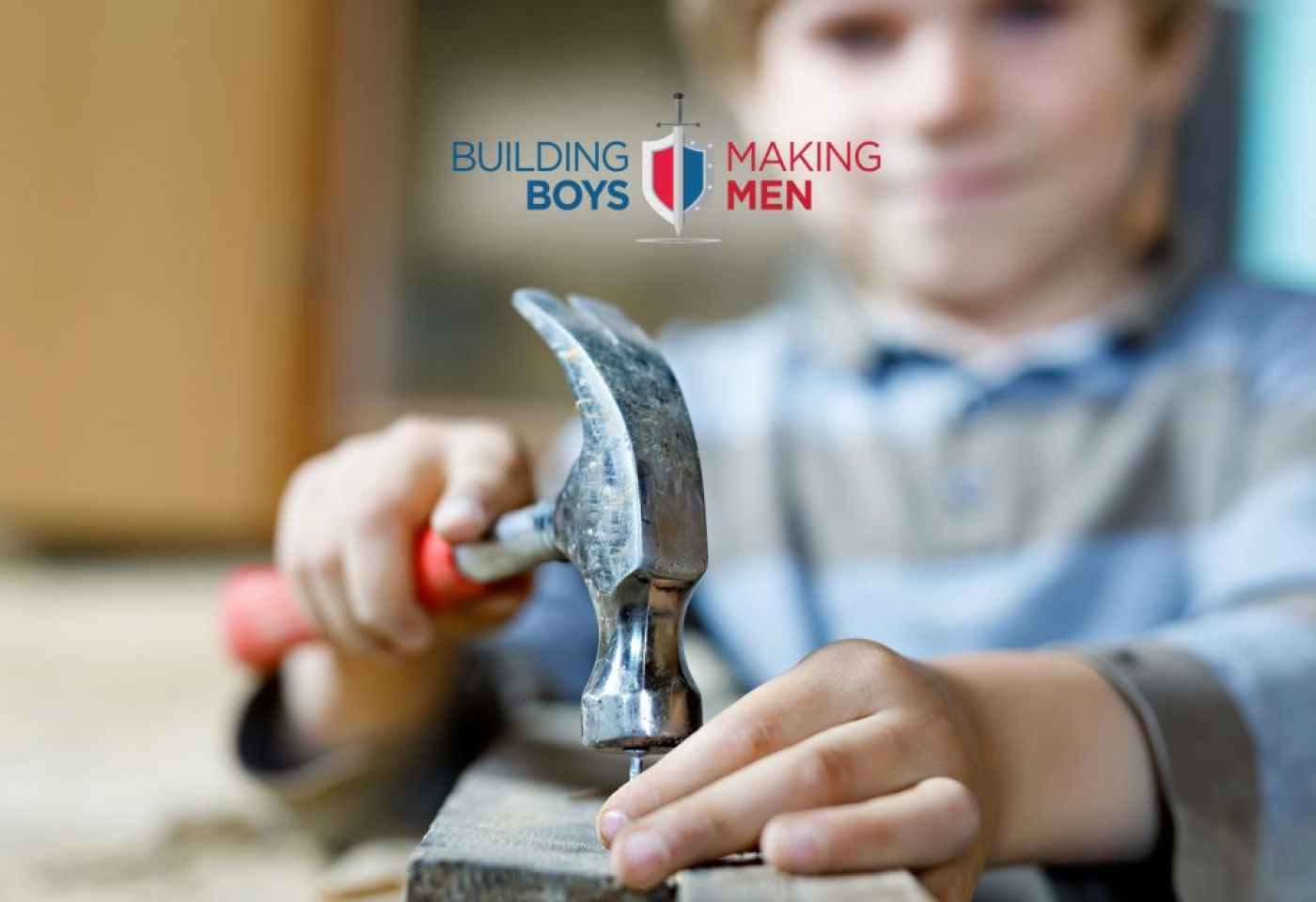


Building Boys, Making Men Menu
A Humble Hero Uses Gifts for God’s Glory
Our kids love superheroes—but we don’t outgrow our need for heroes as adults. We might not have the same heroes as our kids, but we all have people we look up to. Who are your heroes? What attributes make them stand out to you?
See if these three things don’t describe your heroes:
- They use what they have been given in an extraordinary way for the benefit of others
- Their efforts take courage and faith
- They don’t seek attention or glory for themselves
We tend not to hold people in high regard who use their gifts solely for themselves or seek praise for themselves. Even fictional characters we admire—heroes like Superman or Ironman—don’t use their strength and might to score goals to improve their own life.
This month, we are teaching the boys about being a Humble Hero. A Humble Hero uses the gifts they have been given by God for others. This is what it means to give glory to God. The Bible says it this way.

“As each has received a gift, use it to serve one another, as good stewards of God’s varied grace.” 1 Peter 4:10
To use our gifts to glorify God in a heroic way, we must first understand humility. The New York Times best-selling author Tim Keller has a short but powerful book on humility called The Freedom of Self Forgetfulness. In that book, he says, “The thing we would remember from meeting a truly gospel-humble person is how much they seemed to be totally interested in us. Because the essence of gospel-humility is not thinking more of myself or thinking less of myself, it is thinking of myself less.” That’s it: Humility is thinking of ourselves less. Once we get our ego out of the way, we are free to clearly see our gifts and the needs of others.
Here are three ways to help your kids be Humble Heroes:
1. Help Them Know Their Gifts
Your children have incredible gifts. Remind them that they are made in the image of God, and their individual gifts include knowledge, talents, temperaments, affections, and faith. Their gifts also include their experiences and circumstances (whether positive or challenging). Also, don’t let them forget that you and the other people in your household are gifts from God. Help them start a list of the gifts God has given them.
2. Help Them Know The Source Of The Gifts
The most important thing about our children’s gifts is the Giver. God freely gives us all things so that we will know him better. Giving credit to God for our gifts is one of the most basic ways we honor and worship him. The opposite is also true: When we fail to acknowledge God for what he has given us, we dishonor him. The Bible puts it in this way. “What do you have that you did not receive? If then you received it, why do you boast as if you did not receive it?” (1 Corinthians 4:7)
God is so good to us. He always goes before us and prepares a way (Deuteronomy 31:8). He is sovereign over all of our circumstances. Everything on earth is God’s (Psalm 24:1), and all things are created and find their purpose in Christ (Colossians 1:16). Above all, he gives us his Son Jesus that we might live forever. “He who did not spare his own Son but gave him up for us all, how will he not also with him graciously give us all things?” (Romans 8:32). Help your child trace each of their gifts above back to God, the giver of “every good and perfect gift” (James 1:17).
3. Encourage Them To Use Their Gifts For Others
Help your children see the needs of the world around them. We all have family members, friends, and neighbors in need. Ask them to tell you about a sibling or friend who is hurting. Discuss the world and current events with them. Read or watch the local news together. Use Operation World (online or with the book to see the needs of countries all over the world. Have them make a list of needs they can think of around them. Once they do that, have them match the list of their gifts with the needs of others. Pray with them about how they might act on this list.
Think about doing the same exercise yourself. Pray and trust God to lead you and your family to use your gifts for his glory.
Howard Graham

Howard Graham served as Chaplain at PDS and Executive Director of the Building Boys, Making Men program from 2018-2020.
Building Boys, Making Men is a PDS-created program designed to give boys a godly vision and definition of manhood. We believe that boys should be intentionally taught about authentic manhood and have a biblical framework for making wise and edifying choices during their teenage years and beyond. The definition of manhood we teach our boys:
A real man glorifies God by seeking an adventurous life of purpose and passion as he protects and serves others.

